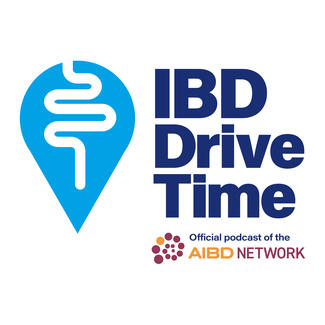Risankizumab Improves Symptom Resolution and Quality of Life in Ulcerative Colitis
A post hoc analysis of a Phase 3 trial demonstrates that risankizumab significantly improves both symptom resolution and health-related quality of life (HRQoL) in patients with ulcerative colitis (UC) during induction and maintenance treatment.
During the 12-week induction phase, patients received either intravenous risankizumab 1200 mg or placebo. Clinical responders were rerandomized for 52-week maintenance to subcutaneous risankizumab 180 mg, risankizumab 360 mg, or placebo (withdrawal group).
Risankizumab led to earlier and sustained improvements in individual symptoms—including abdominal pain, bowel urgency, fecal incontinence, and sleep interruption—starting as early as week 4 and continuing through week 12 (P ≤ 0.001 for most endpoints). At week 12, comprehensive symptom resolution (defined as full resolution of 6 UC-related symptoms) was achieved in 21.8% of risankizumab -treated patients versus 9.5% on placebo (P ≤ 0.001).
These benefits were maintained through week 52. Comprehensive symptom resolution at maintenance week 52 was achieved by 23.5% of patients on risankizumab 180 and 19.4% on risankizumab 360, compared to 14.2% in the placebo withdrawal group.
Meaningful within-person changes (MWPCs) in HRQoL measures were also observed. At week 12, risankizumab improved work time missed and overall HRQoL scores (P ≤ 0.001). By week 52, risankizumab 180 significantly improved overall work impairment and risankizumab 360 showed benefits across multiple HRQoL tools, including the UC Symptom Questionnaire and IBD-specific instruments (P ≤ 0.05).
These results highlight risankizumab as a clinically effective therapy for not only reducing disease symptoms, but also enhancing functional and quality-of-life outcomes in UC management.
Reference
Torres J, Panés J, Siegel CA, et al. Symptom resolution and meaningful improvement in quality of life with risankizumab in patients with ulcerative colitis: post hoc analysis of the randomized INSPIRE and COMMAND studies. Am J Gastroenterol. Published online March 17, 2025. doi:10.14309/ajg.0000000000003420



























